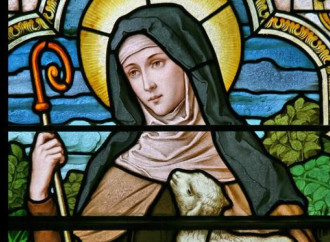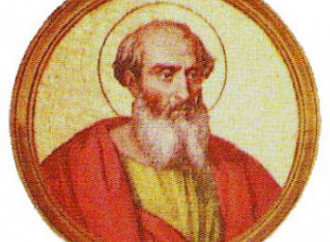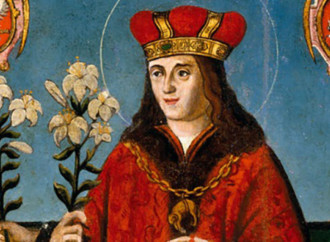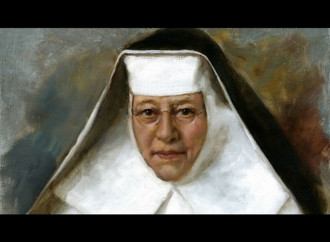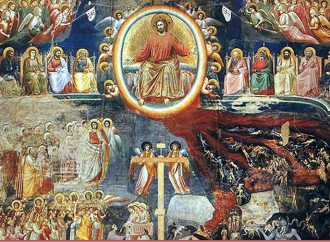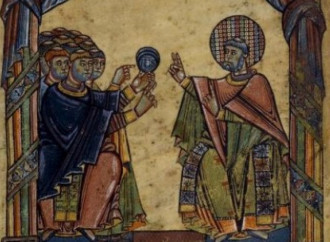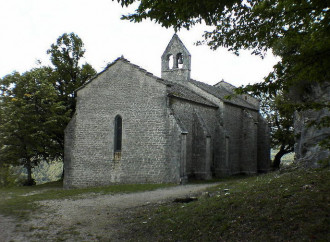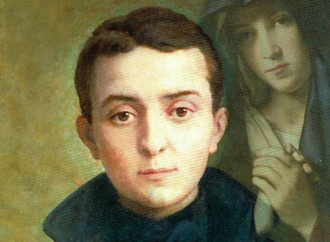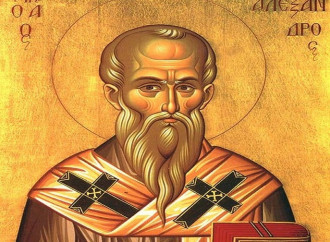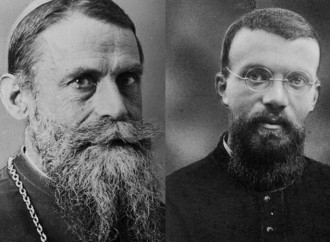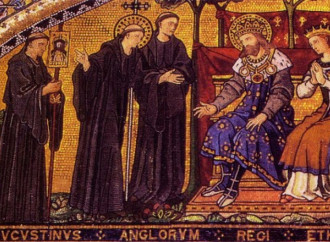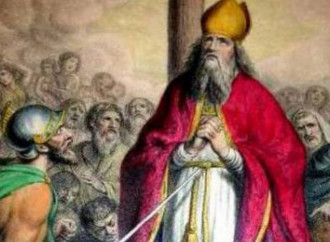Saint Colette of Corbie
In addition to being remembered for her mystical gifts, Saint Colette (1381-1447) is famous for founding the Order of the Poor Clares, known as "Colettines", inspired by her desire to return to the original austerity of the Rule of Saint Clare.
Saint Pope Lucius I
Saint Lucius was elected to the papal throne in June 253 after the death in exile of Pope Cornelius, forced to leave Rome by the Emperor Trebonianus Gallus. It was a very difficult phase for the Church still a long way from obtaining freedom of worship, which would only come with the edicts of 311 and 313....
Saint Casimir
Saint Prince Casimir, patron saint of Lithuania and Poland, lived for barely over 25 years, but they were enough for him to earn the love of his people, who called him “defender of the poor” and noted his Christian virtues on a daily basis.
Saint Katharine Drexel
Several decades before the world's spotlights were focused on African Americans, Saint Katharine Drexel (1858-1955) was a missionary among them and the American Indians, fostering their education and bringing them the proclamation of Christ.
Ash Wednesday
Ash Wednesday marks, in the Roman rite, the beginning of Lent, that is, of the "intense" liturgical period and of a special call to penance ending before the Holy Thursday Mass in Coena Domini.
Saint Albinus of Angers
Very popular during the Middle Ages, Saint Albinus of Angers (c. 468-550) was born into a noble family near Vannes in Brittany. Attracted to the life of the monks, he entered the monastery of a small Breton village and became its abbot in 504.
Saint Romanus of Condat
Saint Romanus of Condat (c. 390-463) was born at the end of the 4th century, when monasticism, already widespread in the East, had also taken hold in the West. His parents sent him to study at the monastery of Ainay, in Lyon, where he was a pupil of Abbot Sabinus, who gave him a Life of the Desert Fathers.
Saint Gabriel of Our Lady of Sorrows
He made a vow to spread the devotion to the Virgin of Sorrows, whom he often called in his letters "our Co-redemptrix"
Saint Alexander of Alexandria
St. Alexander of Alexandria (c. 250-326 / 328) is remembered above all for the important role he played in the conflict of the heresiarch Arius, first in the Egyptian city and then at the Council of Nicaea.
Saints Aloysius Versiglia and Callistus Caravario, martyrs
When these two Salesians in love with Christ first met in 1921, Monsignor Aloysius Versiglia (1873-1930) was passing through Turin. He already had a 15-years' mission in China behind him, while Callistus Caravario (1903-1930) was an 18-year old burning with the desire to become a priest and devote himself to the missionary life.
Saint Æthelbert
The life of Saint Æthelbert (ca. 560-616) King of Kent, raised as a pagan and first English sovereign to convert to Christianity, came to a turning point when he married Bertha, a devout Christian woman, daughter of the Merovingian king Charibert.
Saint Polycarp
Saint Polycarp (ca. 69-155), one of the Church Fathers, had the grace of being a direct witness of the charisms of the apostles; he was a disciple of Saint John the Evangelist, who consecrated him Bishop of Smyrna.
